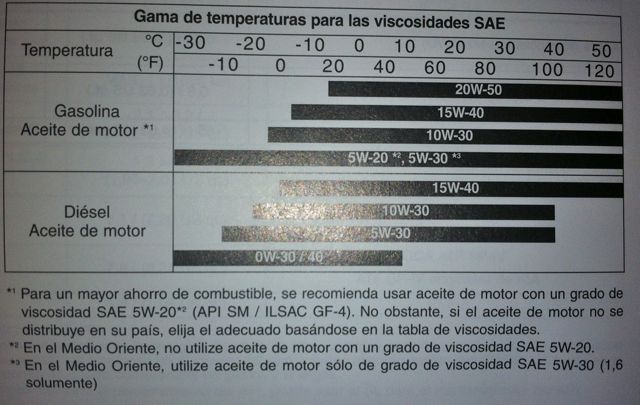It took a while for me to convince the Kia distributors to move down from 15w40. Finally them moved down to 10W-40, but were having trouble with click-clack engine noises, making them sound more like diesels. They wanted to go back to 15w40 for all.
So today I finally got my chance. They took three identical cars with less than 3000 miles on them (2.4 engine) (all in for their first service) that sounded terrible and put 15w40 in one, quieting it slightly.
So I put 5w30 in one and 5W-20 in the third. (ambient temps were 85F, but we let them all warm up anyway)
The 5W-20 quieted down to what the 15w40 sounded like, but the 5w30 became super quiet. So I drained the 5W-20 and put 5w30 in that one too. Total quiet. When we closed the hood the mechanic thought the engine had shut off.
The 5W-20, 5w30 and 10W-40 are all identical formula SN oils. The 15w40 was CI-4.
So today I finally got my chance. They took three identical cars with less than 3000 miles on them (2.4 engine) (all in for their first service) that sounded terrible and put 15w40 in one, quieting it slightly.
So I put 5w30 in one and 5W-20 in the third. (ambient temps were 85F, but we let them all warm up anyway)
The 5W-20 quieted down to what the 15w40 sounded like, but the 5w30 became super quiet. So I drained the 5W-20 and put 5w30 in that one too. Total quiet. When we closed the hood the mechanic thought the engine had shut off.
The 5W-20, 5w30 and 10W-40 are all identical formula SN oils. The 15w40 was CI-4.




